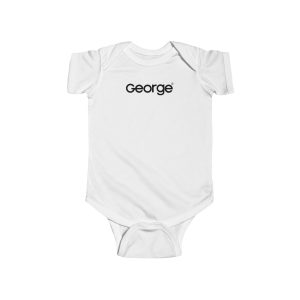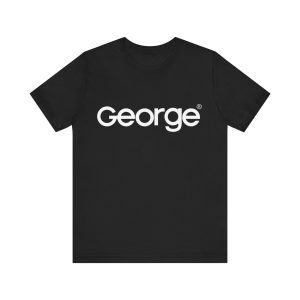

In a high-stakes, high-profile trial, every detail — and piece of knitwear — matters.
We are midway through the Sean Combs trial for racketeering, conspiracy and sex trafficking. The prosecution could rest its case as early as next week, at which point the defense will take over. But the team has already previewed one aspect of its case. As the defense lawyer Teny Geragos said in her opening statement, it’s not about what the prosecution is “trying to make my client out to be.”
All anyone in the courtroom has to do is glance at the defendant to know what she means.
The Sean Combs sitting at the defendant’s table does not look anything like the Sean Combs whose behavior is on trial; the Sean Combs of most people’s memories. His hair and goatee have gone almost white, thanks to prison rules that forbid hair dye. He wears black framed reading glasses. And he is always dressed in a white collared shirt and a neutral toned crew-neck sweater: blue sweaters, gray sweaters, beige sweaters.
The contrast with the image that Mr. Combs built as a mogul — the one memorialized on the cover of Vogue, and in a perfume billboard featuring Mr. Combs in white tie with the tagline “I am King” — is so great, it became one of the trial’s earliest talking points. Even though the trial itself is not televised, it has been mentioned by almost every outlet covering the case.
Mr. Combs was “unrecognizable,” wrote the correspondent for The Independent. “Unrecognizable,” agreed Hot97. Not “like his Met Gala self,” decreed a TikTok commentator, referring to his last appearance at that party, in 2023, when Mr. Combs wore a custom-designed camellia-festooned cape and motorcycle tux with 600 Swarovski crystals and black pearls.
There is a courtroom strategy known as “the nerd defense,” a term coined by the lawyer Harvey Slovis, who once represented Mr. Combs during his trial on charges of gun possession in 1999. Now in broad use, “the nerd defense” refers to the theory that dressing a client in glasses — accessories associated with intelligence and a lack of physical strength — has a subliminal effect on a jury, predisposing them to assume a lack of guilt. The point is, in a trial, every detail of a defendant’s appearance matters.


![[GOOD PRESS] ON[GOOD PRESS] ON](https://georgemagazine.com/wp-content/uploads/2024/08/16389056566437433941_2048-300x300.jpeg)
